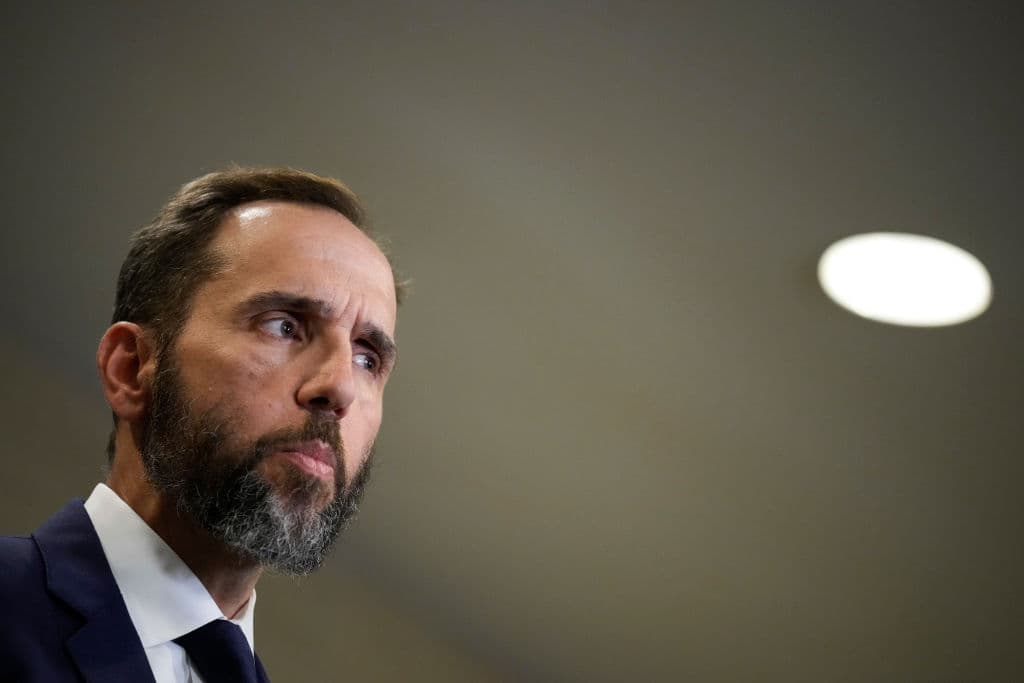The Office of Special Counsel has initiated an investigation into former Special Counsel Jack Smith, focusing on allegations that he violated the Hatch Act. This law restricts federal employees from engaging in certain election-related activities, and the inquiry arises amid concerns regarding Smith’s investigations into Donald Trump and their potential impact on the upcoming 2024 presidential election.
The investigation was prompted by a request from Senator Tom Cotton to Jamieson Greer, the acting special counsel and current trade representative. Senator Cotton expressed concerns over the timing and nature of Smith’s two probes into Trump’s conduct, questioning whether these actions constituted a breach of the Hatch Act. Specifically, Cotton highlighted Smith’s expedited trial request and his brief filed within 60 days of the November 5, 2024, election as potential evidence of improper intent.
In a letter to Greer, Cotton stated, “These actions were not standard, necessary, or justified — unless Smith’s real purpose was to influence the election.” This underscores the tension surrounding Smith’s prosecutorial decisions, which he has employed to investigate Trump for issues including the handling of classified documents and the events surrounding January 6, 2021.
In 2022, Smith launched two significant investigations. The first examined Trump’s handling of classified documents after leaving the White House, while the second scrutinized whether Trump’s actions on January 6 were an attempt to overturn the 2020 presidential election. As a result of these investigations, Trump faced serious legal challenges. In July 2023, he was charged with 37 felony counts related to the classified documents case, including making false statements and obstruction of justice. Following this, in August 2023, he faced an additional four felony counts linked to the January 6 incident.
The legal landscape shifted after Trump’s victory in the 2024 election, when a federal court granted Smith’s request to dismiss the documents case without prejudice. Smith continued to pursue the case against two of Trump’s co-defendants and sought permission to release details to the public. However, in January 2025, a federal judge dismissed the charges and criticized Smith for infringing upon the co-defendants’ right to a fair trial.
In a related development, Trump publicly called for the appointment of a special prosecutor to investigate his claims regarding the alleged rigging of the 2020 election. This call came in June, shortly before Attorney General Bondi dismissed 20 Justice Department employees connected to the Smith prosecutions, following a previous termination of 14 others.
The Office of Special Counsel operates independently from Smith’s role as special counsel, focusing on civil cases involving federal employees. The investigation into Smith’s actions raises significant questions about the intersection of legal processes and political influence, particularly as the nation approaches a contentious election cycle. The implications of this inquiry could have lasting effects on the integrity of federal investigations and the electoral process.
